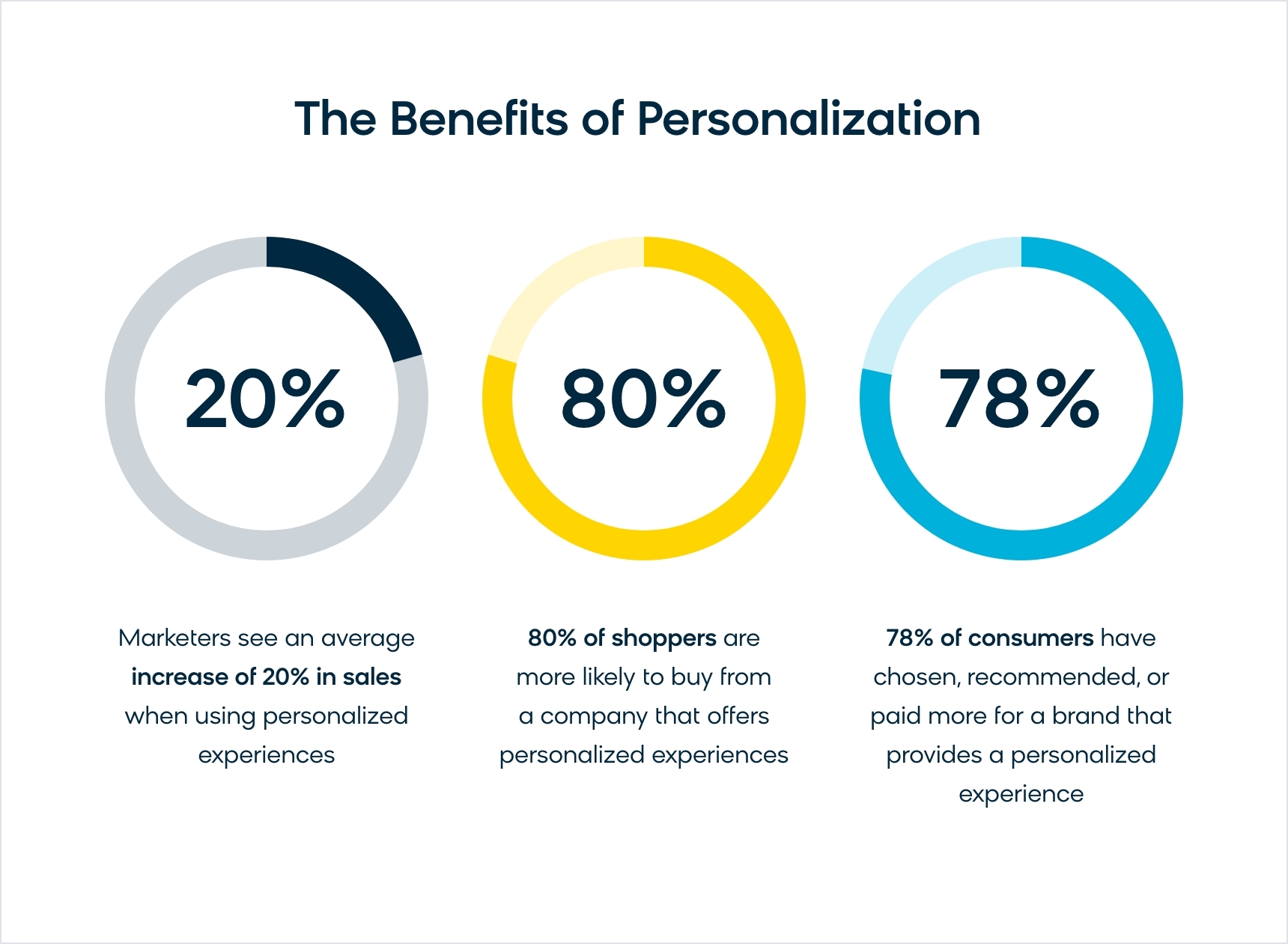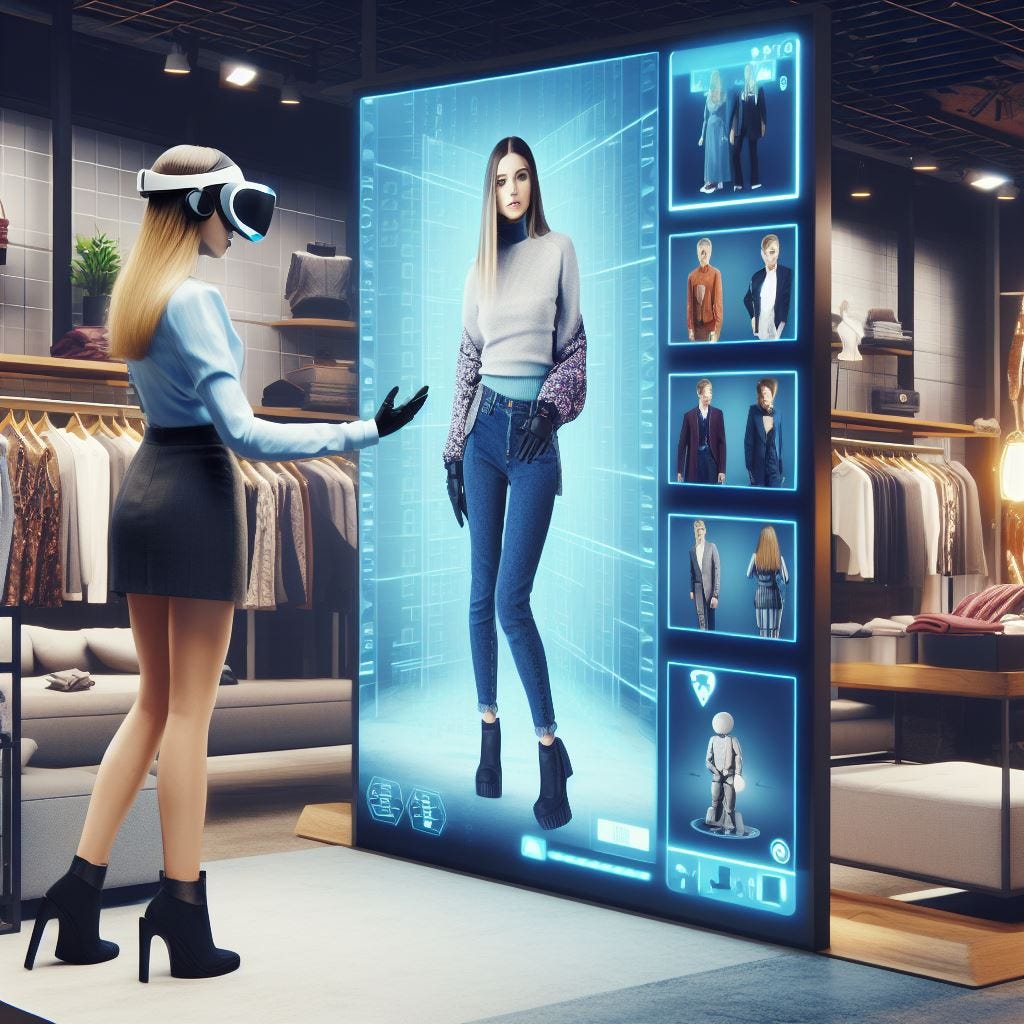Introduction
The world of e-commerce has undergone a significant transformation in recent years, driven largely by the rapid advancements in artificial intelligence (AI). One of the most significant developments in this space is the rise of recommender systems and product personalization. These technologies have revolutionized the way online retailers interact with their customers, providing a more tailored and engaging shopping experience that drives sales and loyalty. In this blog post, we'll delve into the world of recommender systems and product personalization, exploring how AI is transforming the shopping journey and what the future holds for this exciting technology.
What are Recommender Systems?
Imagine having a personal shopping assistant who knows your style, preferences, and needs better than you do. That's essentially what a recommender system does. It's like having a friend who suggests products based on your past purchases, browsing history, and even what other shoppers like you have enjoyed. These systems use complex algorithms to analyze vast amounts of data and identify patterns that help them make informed recommendations.
How AI Tailors Your Shopping Experience
Thanks to artificial intelligence, online retailers can analyze massive amounts of data to understand your behavior and preferences. This allows them to tailor your shopping journey by recommending products that are likely to catch your eye and suit your taste. AI-powered recommender systems can consider a wide range of factors, including:
- Purchase history: What products have you bought in the past? What categories do you frequent?
- Browsing history: What products have you looked at, even if you didn't buy them?
- Search queries: What keywords have you used to search for products?
- Product ratings: How do you rate products you've purchased or viewed?
- Social media: What products do your friends and followers like and share?
- Demographics: What are your age, location, and other demographic characteristics?
By combining these factors, AI-powered recommender systems can create a personalized shopping experience that's tailored to your unique preferences.
Some examples of AI-powered recommendation systems for online shopping include:
Product Recommendations: These systems analyze customer data like browsing history, search queries, and purchase history to suggest products likely to interest the customer. Recommendations can be presented on the product page, in a pop-up, or in an email campaign. For instance, if a user frequently buys books about cooking, the system may suggest new cookbooks or kitchen gadgets to them.
Cross-selling and Up-selling: AI-based recommendation systems analyze customer data to suggest complementary products or upgrades based on the customer's purchase history. For example, if a customer buys a laptop, the system may suggest a laptop case or a wireless mouse. Similarly, when a customer buys a pair of shoes, the system can recommend complementary items such as shoe care products, socks, or insoles.
Personalized Content: AI-powered recommendation systems can suggest personalized content based on the customer's interests, such as blog posts, videos, or tutorials. By presenting relevant content, businesses can improve the customer experience and increase engagement. This can also build brand loyalty and trust by providing customers with useful information about their interests and needs.
Abandoned Cart Recovery: Abandoned cart recovery is a strategy where ecommerce businesses use AI-based recommendation systems to send targeted emails to customers who have abandoned their carts. These emails suggest related products or offer discounts and free trials to encourage customers to complete their purchases. Personalized and strategically timed emails can increase the likelihood of conversion.
Inventory Management: AI-based recommendation systems help ecommerce businesses manage their inventory by predicting which products are likely to sell well. By analyzing customer data, these systems provide insights into customer preferences and trends, helping businesses optimize their inventory and reduce waste. Companies can also use these systems to predict which products will sell well in different regions.
Customer Retention: By providing a personalized shopping experience, recommendation systems can increase customer loyalty and retention. Customers who feel understood and valued by a business are more likely to return for future purchases. These systems help companies create a positive brand experience, build customer relationships, and ultimately lead to long-term loyalty and increased revenue.
The Benefits of Personalized Shopping
Personalized recommendations not only make your shopping experience more convenient and enjoyable but also help you discover new products you might love. By showing you items that align with your interests, AI-powered systems save you time and make it easier to find exactly what you're looking for. Here are some of the benefits of personalized shopping:

- Increased engagement: When you see products that resonate with you, you're more likely to engage with them and make a purchase.
- Improved customer satisfaction: Personalized recommendations show that the retailer is paying attention to your needs and values your business.
- Enhanced customer loyalty: When you have a positive shopping experience, you're more likely to return to the same retailer and recommend them to others.
- Increased conversions: By showing you products that are relevant to your interests, AI-powered systems can increase the chances of you making a purchase.
The Future of Shopping: AI-Powered Personalization
As technology continues to advance, we can expect even more sophisticated recommender systems that anticipate our needs and desires with uncanny accuracy. The future of shopping is personalized, efficient, and tailored to each individual shopper, thanks to the incredible capabilities of AI.
- Hyper-personalization: AI-powered systems will be able to analyze even more data points, such as your emotions, preferences, and behaviors, to create a truly personalized shopping experience.
- Real-time recommendations: With the help of AI, retailers will be able to provide real-time recommendations based on your current browsing or purchasing behavior.
- Cross-channel personalization: AI-powered systems will be able to integrate data from multiple channels, such as social media, email, and in-store interactions, to create a seamless and personalized shopping experience across all touchpoints.
Conclusion
Recommender systems and product personalization have revolutionized the world of e-commerce, providing a more engaging and personalized shopping experience that drives sales and loyalty. As AI continues to advance, we can expect even more sophisticated recommender systems that anticipate our needs and desires with uncanny accuracy. The future of shopping is personalized, efficient, and tailored to each individual shopper, and it's exciting to think about the possibilities that this technology holds. Whether you're a retailer looking to enhance your customer experience or a shopper eager to discover new products, AI-powered recommender systems are an essential part of the shopping journey.
Read more :
AI POWERED FRAUD DETECTION AND LOSS PREVENTION
Demand Forecasting with AI: Avoiding Stockouts and Overstocking
Predictive Maintenance for Retail Equipment: Using AI to Prevent Downtime
Can AI Outsmart Humans? The Rise of Intelligent Retail
AI-driven Dynamic Pricing: Optimizing Prices Based on Customer Behavior
Personalized Marketing and Promotions: AI Targeting the Right Customers
AI-powered Chatbots and Virtual Assistants: Enhancing Customer Service


 AI-Taxi App
AI-Taxi App AI-Food App
AI-Food App AI-Property Mgmt App
AI-Property Mgmt App AI-CRM
AI-CRM AI-Fantasy App
AI-Fantasy App
 Web Development
Web Development App Development
App Development Business & Startup
Business & Startup Hire Developer
Hire Developer
 Digital Marketing
Digital Marketing Lead-generation
Lead-generation Creative Agency
Creative Agency Branding Agency
Branding Agency Augmented Reality
Augmented Reality Virtual Reality
Virtual Reality Internet of Things
Internet of Things Artificial Intelligence
Artificial Intelligence Blockchain
Blockchain Chatbot
Chatbot



